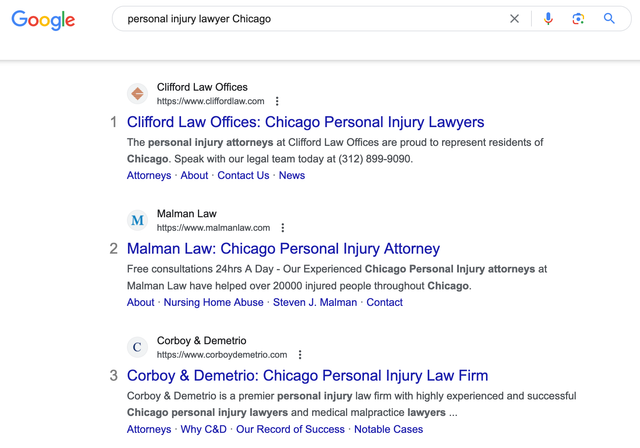
Find Your Prenuptial Agreement Attorney Expert Guidance
Navigating the Process of Finding a Prenuptial Agreement Attorney
Understanding the Importance of Prenuptial Agreements
Prenuptial agreements are legal documents that couples sign before marriage to outline the division of assets and liabilities in the event of divorce or death. While some may view them as unromantic, they serve as essential tools for protecting both parties’ interests and ensuring a fair resolution in the event of a marriage dissolution.
The Role of a Prenuptial Agreement Attorney
A prenuptial agreement attorney specializes in drafting and reviewing prenuptial agreements. They provide expert legal guidance to couples, ensuring that their agreements are comprehensive, legally enforceable, and tailored to their specific needs and circumstances. A skilled attorney can help couples navigate complex legal issues and negotiate terms that protect their rights and interests.
Assessing Your Needs and Priorities
Before hiring a prenuptial agreement attorney, it’s essential for couples to assess their needs and priorities. They should consider their financial situation, assets, debts, and future goals, as well as any concerns or potential conflicts that may arise during marriage. By identifying their priorities upfront, couples can better communicate their expectations to their attorney and work together to achieve their goals.
Researching Potential Attorneys
Finding the right prenuptial agreement attorney is a critical step in the process. Couples should conduct thorough research to identify potential attorneys with experience in family law and prenuptial agreements. They can seek recommendations from friends, family, or other professionals, and review online reviews and testimonials to gauge the attorney’s reputation and track record.
Evaluating Experience and Expertise
When evaluating potential attorneys, couples should consider factors such as experience, expertise, and specialization in prenuptial agreements. They should inquire about the attorney’s background, education, and professional credentials, as well as their track record of success in negotiating and drafting prenuptial agreements. Choosing an attorney with relevant experience and expertise can provide couples with confidence and peace of mind throughout the process.
Scheduling Consultations
Once couples have identified potential attorneys, they should schedule consultations to discuss their needs and objectives. During these meetings, couples can assess the attorney’s communication style, approach to handling cases, and compatibility with their personalities and preferences. They should ask questions about the attorney’s experience, fees, and strategy for drafting the prenuptial agreement.
Reviewing Legal Fees and Costs
Before hiring a prenuptial agreement attorney, couples should clarify the attorney’s fees and billing structure. Some attorneys charge hourly rates, while others may offer flat fees or package deals for drafting prenuptial agreements. Couples should discuss their budget and expectations upfront to avoid any misunderstandings or surprises later on.
Drafting the Prenuptial Agreement
Once couples have selected an attorney, the attorney will begin the process of drafting the prenuptial agreement. This involves gathering relevant financial information, discussing the terms and provisions of the agreement, and negotiating any necessary revisions or amendments. The attorney will ensure that the agreement complies with state laws and is legally enforceable.
Reviewing and Finalizing the Agreement
After drafting the prenuptial agreement, couples should carefully review the document with their attorney to ensure that it accurately reflects their intentions and protects their interests. Any necessary revisions or clarifications should be addressed before finalizing the agreement. Once both parties are satisfied with the terms, they can sign the agreement in the presence of witnesses and notarize it to make it legally binding.
Continued Legal Support
Even after the prenuptial agreement is finalized, couples may still benefit from ongoing legal support and guidance from their attorney. A prenuptial agreement attorney can provide assistance with postnuptial agreements, modifications to existing agreements, or legal advice on matters that may arise during marriage. By maintaining a relationship with their attorney, couples can ensure that their interests are protected throughout their marriage. Read more about prenuptial agreement attorney










